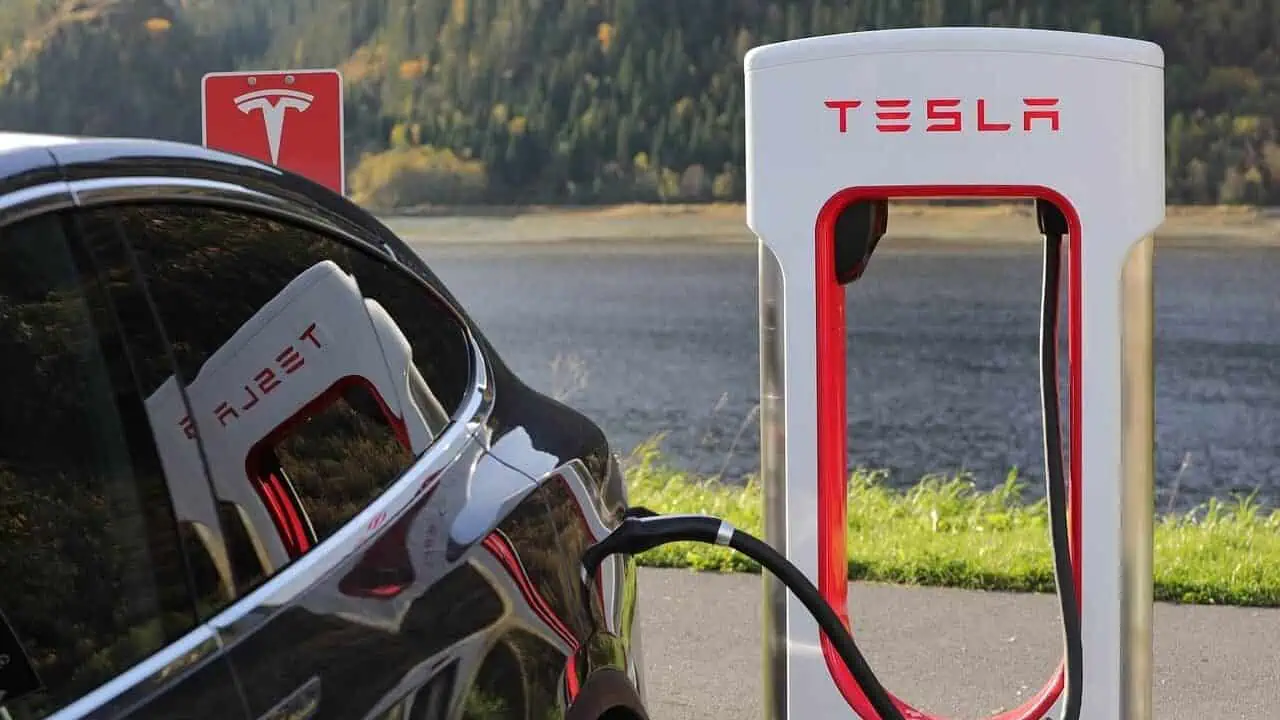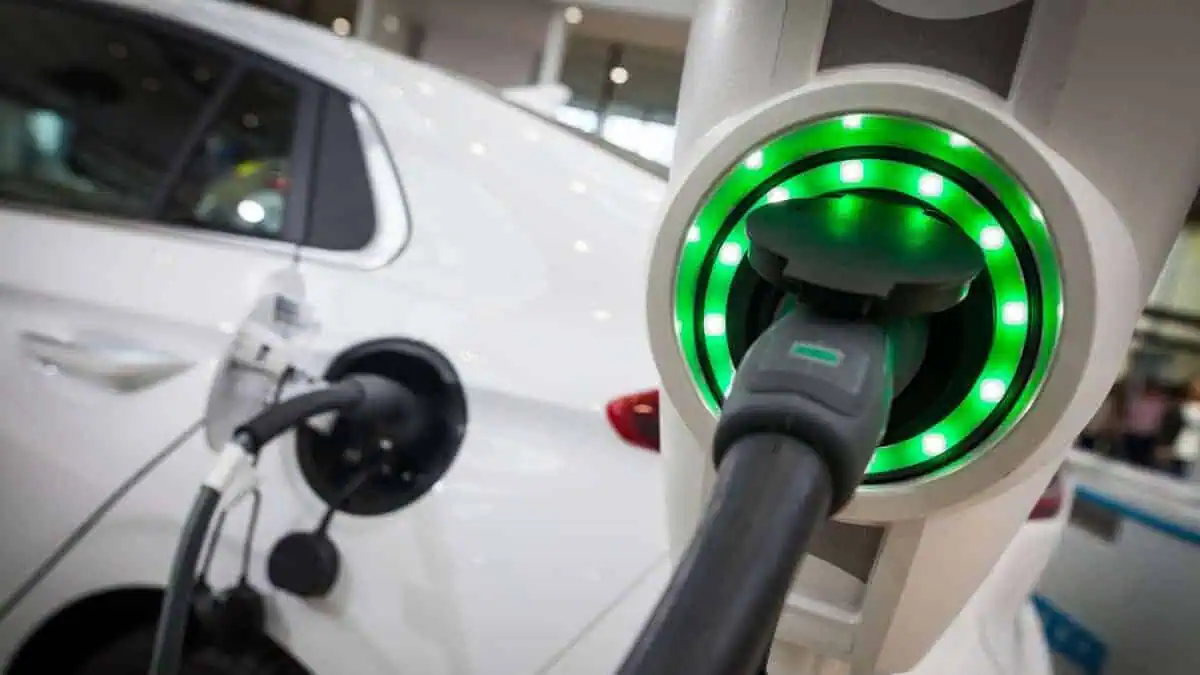American automaker Tesla and Chinese rival BYD are totally dominating the global electric vehicle industry, according to the International Council on Clean Transportation’s (ICCT) latest report, “The Global Automaker Rating 2022.”
Meanwhile, Japanese automakers are significantly lagging behind the two global leaders, per the same report that ranks the industry’s leaders, transitioners, and laggards.
Report highlights
Before anything else, it must be noted that the report ranked the top 20 global light-duty vehicle makers based on their EV transition.
Apart from that, it also evaluated each company’s market share, technology, and strategic vision.
Since Tesla is an all-electric brand, it is not surprising that it is leading the pack. Meanwhile, Chinese automaker BYD’s unbeatable sales in its home market advanced its position to secure the second-top spot.
As you can observe from the data compiled by ICCT, Tesla and BYD showed strong results, particularly in the market share and strategic vision category.
Tesla also dominated the ranking in the technology category. However, legacy automakers like BMW are trying to catch up. Furthermore, Tesla also demonstrated remarkable results in other criteria, including range, efficiency, and charging speeds.
We can see established American automakers like Ford and General Motors in the middle part of the rankings, identified as “transitioners.” European brands, including BMW, Renault, and Mercedes-Benz, joined them.
Meanwhile, Japanese automakers are at the bottom of the rankings and listed as “laggards” in the global EV industry. Interestingly, five out of six laggard automakers on the list were Japanese, including Toyota, Honda, Nissan, Mazda, and Suzuki. They received poor scores in all three categories: market dominance, technology performance, and strategic vision.
Notably, the strategic vision criteria score automakers based on ZEV targets, ZEV investment, and executive compensation alignment. That said, the Japanese brands’ low scores are indeed awful.
Going back to the industry’s top player, Tesla is already a 100% ZEV company. Other rivals such as Renault, GM, Ford, and Mercedes-Benz now aim to also be an all-electric brand by about 2035.
It is also interesting to note that Toyota, which is recognized as the world’s biggest car company by volume, also scored low in the ZEV target metrics. However, it is unsurprising, given that it only aims to hit 32% ZEV transition by 2030.
“The ZEV target metric evaluates the ambition of a manufacturer in transitioning to a 100% ZEV fleet to be on pace with the Paris Agreement timeline. An ambitious target can demonstrate a manufacturer’s determination to decarbonize its vehicle fleet. In contrast, a manufacturer without a target, or with a weak ICEV phase-out target, is considered less likely to invest in the ZEV transition in the near term.”
ICCT
See Also:
- Tesla secures top four spots in most-driven electric cars survey
- Tesla Model Y leads the Chinese all-electric SUV market in March
- Tesla Model Y leads the Chinese all-electric SUV market in March
- Tesla Model 3 is the “most sought-after EV” around the globe
- Brand Finance names Tesla the world’s most valuable automobiles brand
It is not unexpected that Tesla ranked first in ICCT’s rankings, as it has certainly led the global EV adoption drive.
The study offers more insights, so make sure to check the source link and read the complete report.






